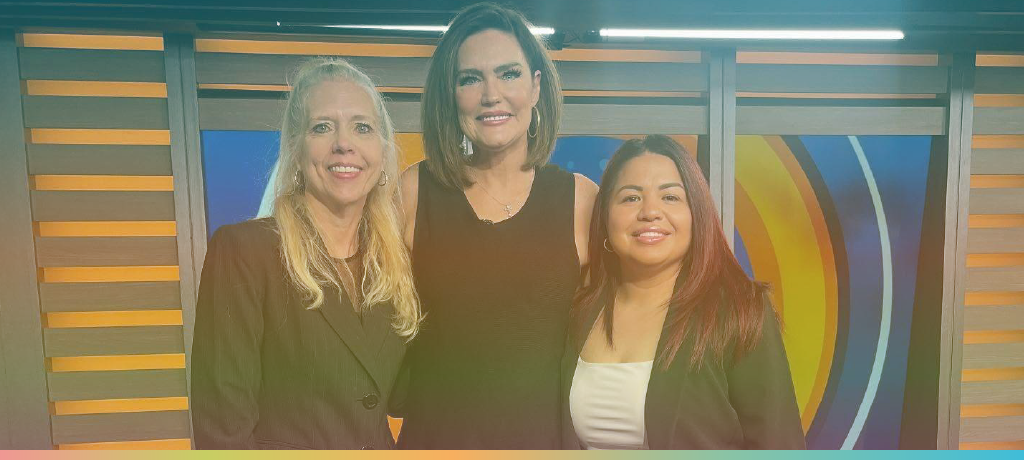Distinguishing LLPs From Attorneys
MFL: Can you describe some of the tasks you are authorized to perform that differentiate you from a traditional attorney?
Kris: I can attend court with a client, but I cannot examine any witnesses. Attorneys can examine witnesses. I cannot address the court unless the court engages me first. An attorney may address the court.
MFL: What are some of the limitations of an LLP and how will you handle situations that fall outside your scope of practice?
Kris: I cannot draft QDROs, but I have access to experts who can draft them.
I cannot take punitive contempt citation cases, but in those situations, the potential client could apply for a court-appointed attorney and seek alternate counsel.
I cannot take common law marriage cases if the existence of the marriage is disputed, or if the date of the marriage is disputed. An attorney is better suited to present a case regarding the existence of a marriage via an evidentiary hearing. In those types of cases, the presentation of exhibits and witness examination are essential. The existence of a marriage and the date of the marriage dictate which laws apply in a common law marriage case.
I cannot take cases where a “non-parent” is seeking an allocation of parental responsibilities, where the request is contested by one of the parents. These cases are also better suited for an attorney where the presentation of evidence and the examination of witnesses are essential elements in a case such as this.





